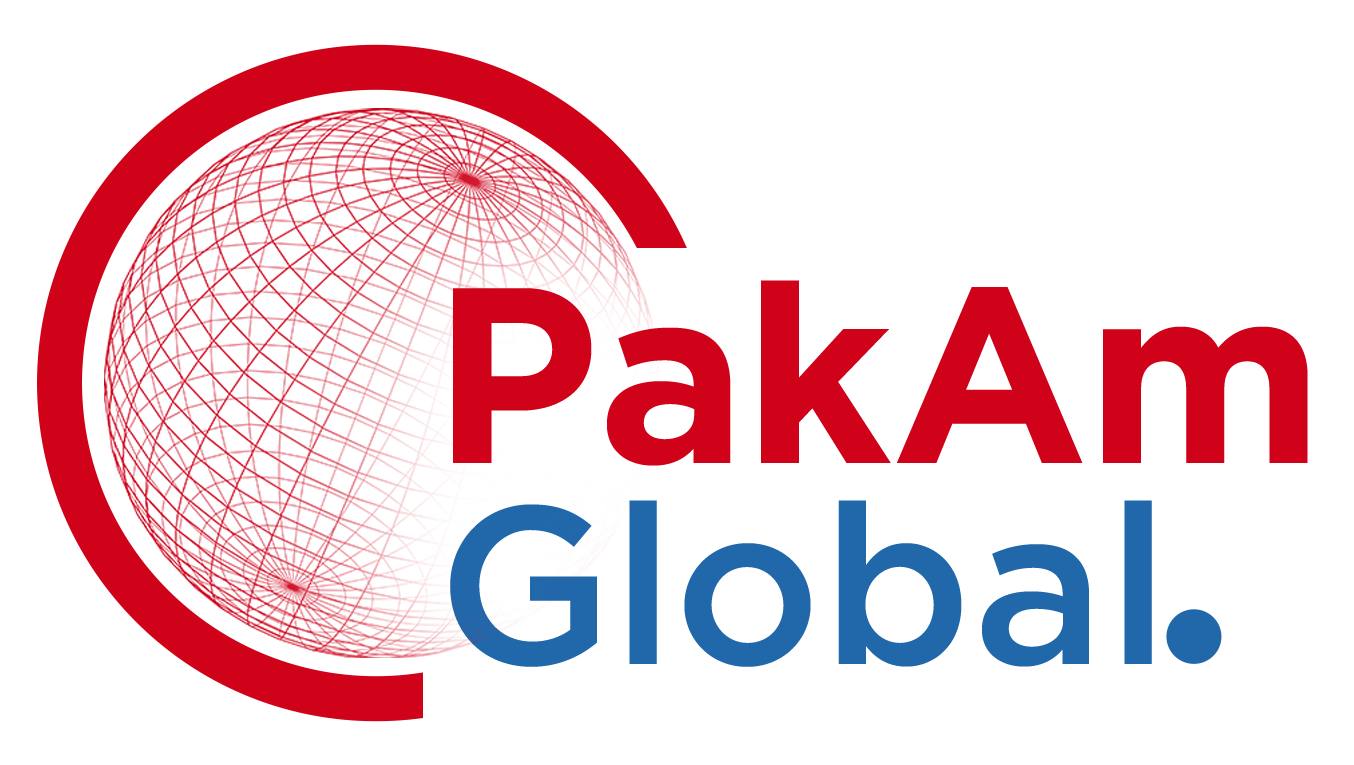The workforce in 2025 is markedly different from that of just a decade ago. Millennials and Gen Z now make up the majority of employees in the United States, bringing with them distinct values, expectations, and work habits. For organizations aiming to remain competitive, understanding and responding to these generational shifts is not optional—it is essential.
A Changing Demographic Landscape
As of 2025, the U.S. workforce is primarily composed of:
- Millennials (born 1981–1996), representing approximately 50% of the workforce.
- Generation Z (born 1997–2012), comprising around 25% and steadily increasing.
This demographic shift has introduced a new era characterized by digital fluency, a demand for inclusivity, and a preference for flexibility. Millennials and Gen Z are not only redefining workplace norms but also challenging traditional leadership and organizational structures.
Core Characteristics of Millennials and Gen Z
To effectively engage these generations, it is critical to recognize the traits and values they prioritize:
- Digital proficiency: Both generations are highly comfortable with emerging technologies and expect digital integration in daily operations.
- Commitment to diversity, equity, and inclusion: They seek workplaces that are socially responsible and reflective of a broad range of identities and perspectives.
- Preference for flexibility: Remote work options and non-linear career paths are favored over rigid schedules and hierarchies.
- Desire for personal growth: Continuous learning and opportunities for development are key drivers of job satisfaction.
- Entrepreneurial mindset: Innovation and creativity are core to how these generations approach their roles and responsibilities.
Strategies for Effective Management and Engagement
Organizations that adapt to the evolving needs of the workforce will be better positioned to attract and retain top talent. Key strategies include:
Flexible Work Arrangements
Providing hybrid or fully remote work options allows employees to balance personal and professional responsibilities more effectively.
Continuous Feedback and Professional Development
Millennials and Gen Z expect regular, constructive feedback and opportunities for advancement through training, mentorship, and coaching.
Emphasis on Diversity and Inclusion
Actively cultivating a culture that prioritizes equity, inclusivity, and transparency is critical to building trust and engagement.
Investment in Technology
Utilizing modern tools and platforms enhances productivity, streamlines communication, and aligns with the expectations of digital-native employees.
Focus on Employee Well-being
Supporting mental health, work-life balance, and overall wellness contributes to higher retention rates and improved performance.
Creating a Culture Where the Next Generation Thrives
Organizations must reflect on whether their current culture and infrastructure support the unique needs of Millennial and Gen Z professionals. Questions to consider include:
- Are we offering meaningful, purpose-driven work?
- Do our leadership practices foster trust, autonomy, and collaboration?
- Are we investing in the tools and environments necessary for long-term growth and innovation?
By addressing these questions, companies can foster a more engaged, motivated, and high-performing workforce.
The Future of Work: Strategic Implications for 2025 and Beyond
The influence of Millennials and Gen Z will only grow stronger. Their priorities are reshaping how businesses think about talent management, workplace design, and organizational success. To summarize:
- Flexibility and autonomy are essential to attract and retain talent.
- Personal fulfillment and career development are more valued than traditional metrics of success.
- Diversity, equity, and inclusion are foundational, not optional.
- Digital transformation must be embraced to stay relevant.
- Employee wellness is integral to organizational health and resilience.
Conclusion
Millennials and Gen Z are not just participants in the workforce—they are shaping its future. Organizations that recognize and act on this reality will be best positioned for long-term success. Adapting to their values is not simply a matter of accommodation; it is a strategic imperative for innovation, performance, and sustainable growth.
To remain relevant and competitive, businesses must continue to explore new approaches to leadership, engagement, and workplace culture. The evolving workforce presents not only challenges but also significant opportunities for those prepared to lead with vision and agility.

